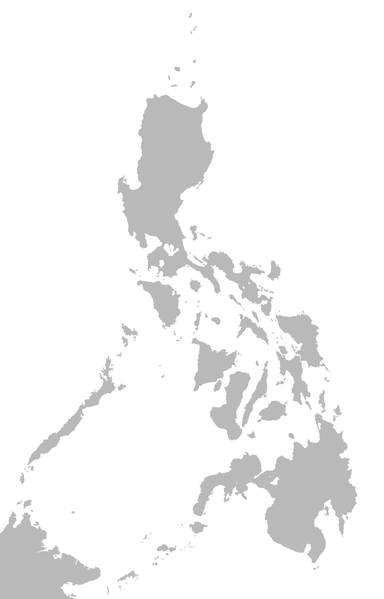The Philippines Department of Health said recently that it has provided medical assistance to thousands of children who reported showing signs of adverse effect following the immunization of the dengue vaccine.

Based on the Department’s Dengue Adverse Events Surveillance, 3,281 Dengvaxia vaccinees reported were hospitalized following immunization of the dengue vaccine for various illnesses covering the period March 2016 to March 2018.
The more than 3,200 vaccinees were treated in various public and private hospitals. The DOH has previously announced that expenses directly involved with their hospitalization will be shouldered by the Health Department.
“The DOH will shoulder the cost of their treatment through PhilHealth. The remaining expenses will be paid through the DOH’s Medical Assistance for Indigent Program,” Undersecretary Rolando Enrique Domingo said.
The Department added that it has initially sub-alloted Php 20 million to the four regions covered by the immunization program as an initial financial augmentation to the Dengue Assistance Program of the DOH Regional Offices.
The Department has intensified its response with no less than Secretary Francisco T. Duque III making rounds in private and government hospitals to make sure the vaccinees are receiving proper care.
Last month, the DOH also signed a Memorandum of Agreement with the Philippine Hospital Association and the Private Hospital Association of the Philippines on the establishment of the Dengvaxia fast lanes in hospitals and the mechanism of payment of the treatment expenses of Dengvaxia vaccinees.
“The Secretary has personally visited private and government hospitals in the three regions where the dengue immunization was conducted to ensure that our hospitals are giving proper care to the vaccinees. We also checked if the referral systems are in place to ensure that appropriate care is given in every level of hospital care. Severe and/or complicated cases are now being referred to specialty hospitals where a team of specialty doctors will be able to manage the patient appropriately,” Domingo explained.
“We also want to ensure that our hospitals, more particularly the private hospitals, adhere to the PhilHealth’s No Balance Billing policy for the Dengvaxia recipients,” Domingo added.
Of the more than 3,200 patients who reported showing serious adverse events following immunization, 1,967 were found to have contracted dengue as confirmed through clinical and serological tests. 65 deaths were also reported which are now under investigation.
Measles in the Philippines: DOH launches ‘Ligtas Tigdas’
The DOH, however, emphasized that over 98% of all admitted patients were sent home. Hence, the DOH reiterates the importance of seeking early consultation as soon as signs and symptoms are noted in order to prevent more severe and even fatal complications.
As of April 05, 2018, the DOH has already given an estimated amount of P17 million as financial assistance to Dengvaxia vaccinees who got sick and were admitted to hospitals in the NCR, Central Luzon, CALABARZON and Cebu regions.
The Department clarifies as well the Interim Guidelines on Investigating Deaths related to Dengvaxia Immunization issued last February 29, 2018. This issuance was borne out of the requests of several parents to the DOH to conduct autopsies to further investigate the cause of death of their children. Hence, the DOH needed to issue interim guidelines to institute standard operating procedures in the conduct of autopsy and in the investigation of cases of deaths associated with Dengvaxia vaccines.
“The guidelines only cover parents and families who voluntarily request and give consent to the DOH to conduct autopsies. We respect the decision of other parents if they approach the Public Attorney’s Office (PAO) or other mandated agencies of government such as the National Bureau of Investigation (NBI) to do the same,” Undersecretary Domingo added.
On the other hand, the DOH is awaiting the approval by the House of Representatives and Senate to use the P1.16 billion refunded amount from Sanofi for the unused Dengvaxia vaccines to implement the Dengvaxia Assistance Program. This amount will expand the assistance being given by the DOH to the children vaccinated with Dengvaxia and will cover the medical assistance program for hospitalization, outpatient health care services for Dengvaxia recipients, deployment of nurses to monitor vaccine recipients in schools and communities and dengue prevention kits.

